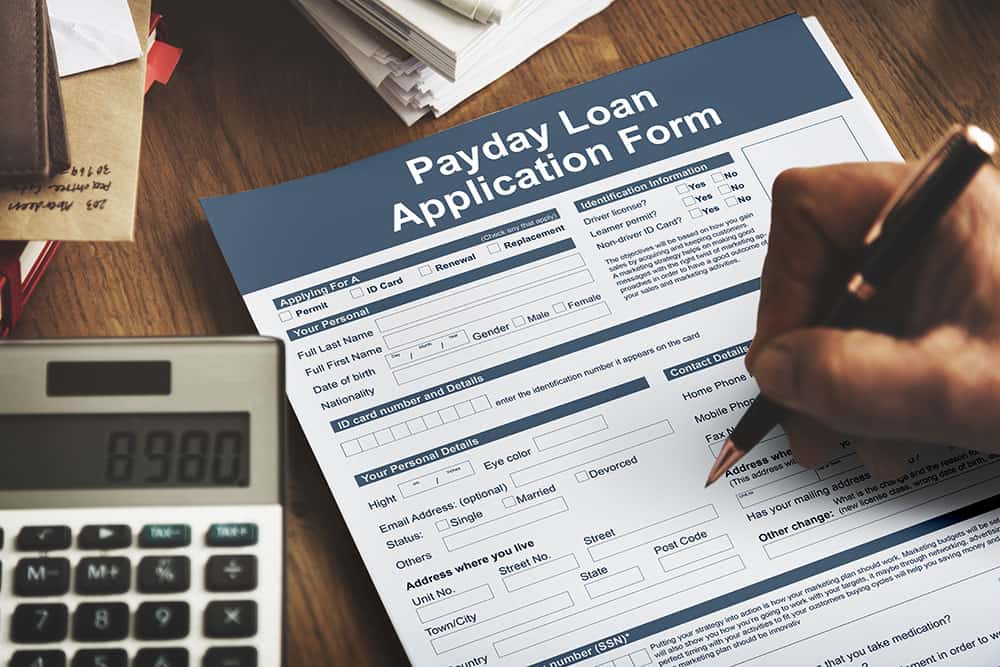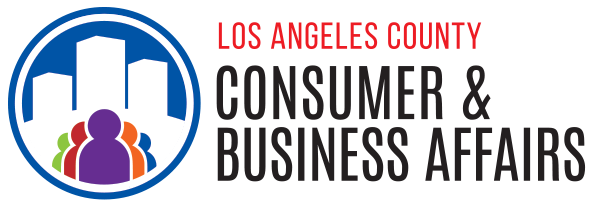
Check Cashers
Check-cashing businesses allow people without a bank account to cash checks at high costs with potential downsides.
Check Cashers
Check-cashing businesses allow people without a bank account to cash checks. Check-cashers primarily target their services to people who are unbanked, meaning individuals who do not have a bank or credit union account.
Check-cashers are considered an alternative financial services provider. They may offer convenient, friendly services but you should be wary of doing business with them.
Check-cashing services have high costs and potential downsides. They charge processing fees that are deducted from the check you are cashing, leaving you with less money. In California, check cashers can charge up to 3 percent of the face value of the check. If you use a check casher to cash your paycheck every two weeks, you could lose hundreds, if not thousands of dollars each year.
Carrying around large amounts of cash is dangerous and using services and products outside of the banking system can expose you to additional risk. Consider opening a checking account at a bank or credit union instead. Once you have an account, sign up for direct deposit. This will allow your employer, and others like financial aid offices, to quickly deposit funds into your account and avoid the need for paper checks and check cashing. Direct deposit is free which helps you maximize the entire amount of the check.
If you are 18 and older, visit our Bank On page for more information about options for low-cost banking. Also, check out the CFPB’s comprehensive resource on student banking.
Warning about check cashers and payday lenders:
When you need money right away you may be tempted to borrow money from a payday lender. Think twice! These loans are very expensive, and you usually end up owning back more money than what you borrowed. For most borrowers, payday loans cause a debt trap.
A payday loan is a short-term, high-cost loan. You provide the lender with a post-dated check and agree to repay the loan in a single payment on your next payday.
In California, payday lenders can loan up to $300 and charge a maximum of $45 in fees. Although this fee may not seem too high, the average annual percentage rate for payday loans is 372 percent which is much higher than credit cards or any other form of loans.
Payday lenders don’t consider whether you can repay the loan because they are able to just cash your paycheck or access your checking account. This means you may not have enough money left to pay for other expenses, forcing you to take out another loan. Payday loans can turn a short-term need for emergency cash into a long-term, unaffordable cycle of high-interest loans that you cannot repay.
Consider building an emergency fund by setting aside a small amount of money each pay period to increase your savings.
Payday lenders are regulated by the California Department of Financial Protection and Innovation (DFPI), where you can get more information or file a complaint.
County of Los Angeles Department of Consumer and Business Affairs. Last change: Dec. 7, 2022

